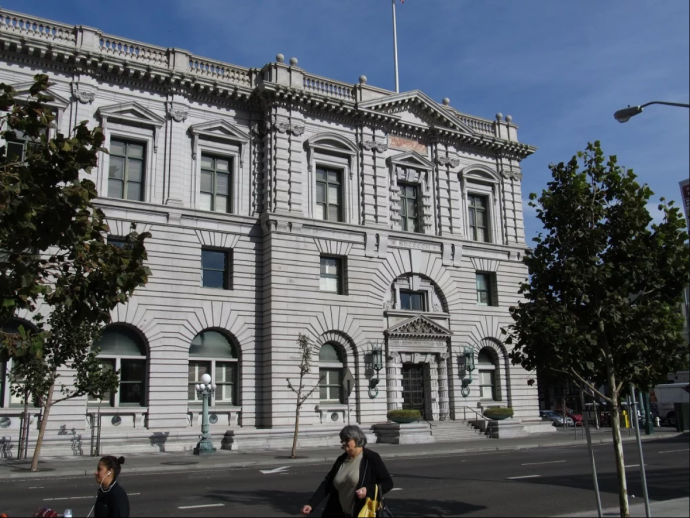They should absolutely ignore them. Here is Ryan Waters writing at The Federalist:
When a president or legislature is faced with following either a court ruling they know has no constitutional basis or the actual Constitution, they should heed Hamilton’s advice.
Many conservatives hold conflicting positions about dealing with illegitimate federal court rulings. They blast rulings from the high courts as unconstitutional, illegal, and improper, while stating the other branches of government must follow these rulings.
Conservatives watched in disbelief, for example, as federal courts ruled that President Trump’s treatment of foreign nationals was unconstitutional. Considering the seven applicable federal statutes, the president was on the firmest legal footing with three separate executive orders limiting immigration from countries that pose a national risk. While the Supreme Court months later upheld parts of these travel bans, this was just the latest example of a more central problem: lawless judges using their position to launch political attacks that slow or halt conservative policy.
The belief in the finality of federal judicial decisions runs contrary to our earliest descriptions of the judiciary. In 1788 Alexander Hamilton detailed the power of the judicial branch.
The Limits Alexander Hamilton Understood for Courts
One of the early objections to the Constitution was the role it outlined for the judiciary. Many antifederalists withheld their support for this new governing document until a better description of the power of the judiciary was provided. An antifederalist using the pseudonym Brutus published an essay in 1787 concerning the power the Constitution provides the judiciary.
Read more: The Federalist
For more on the topic, visit this page: Judicial Supremacy: Not in the U.S. Constitution, Not the Intention of the Founding Fathers
Image credit: www.thefederalist.com.

